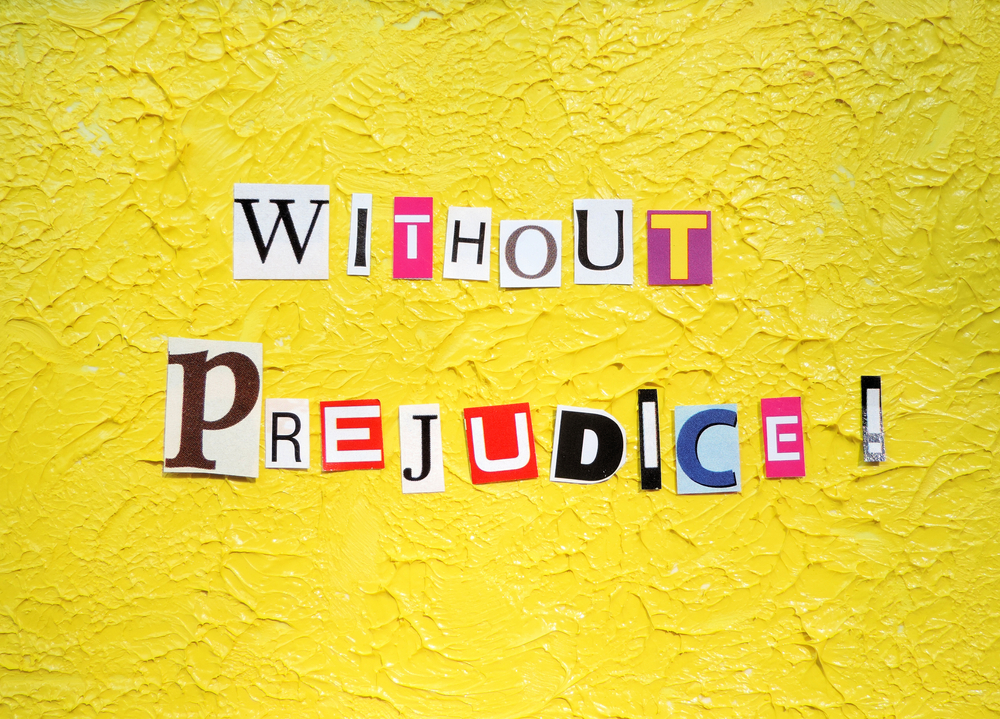Discovery Appeal by Non-Party in Dispute
Discovery disputes do not always go your way. You win some. You lose some. In losing a discovery dispute, it could give rise to an appeal through a petition for a writ of certiorari. Obviously, this is not an easy appeal but, certainly, there are instances where the trial court issues a discovery ruling that gives rise to irreparable harm supporting the basis for certiorari. This discovery ruling may be against a party, or in certain cases, a non-party. “To invoke the certiorari jurisdiction of this court, a petitioner must demonstrate a departure from the essential requirements of the law which...
Continue reading













